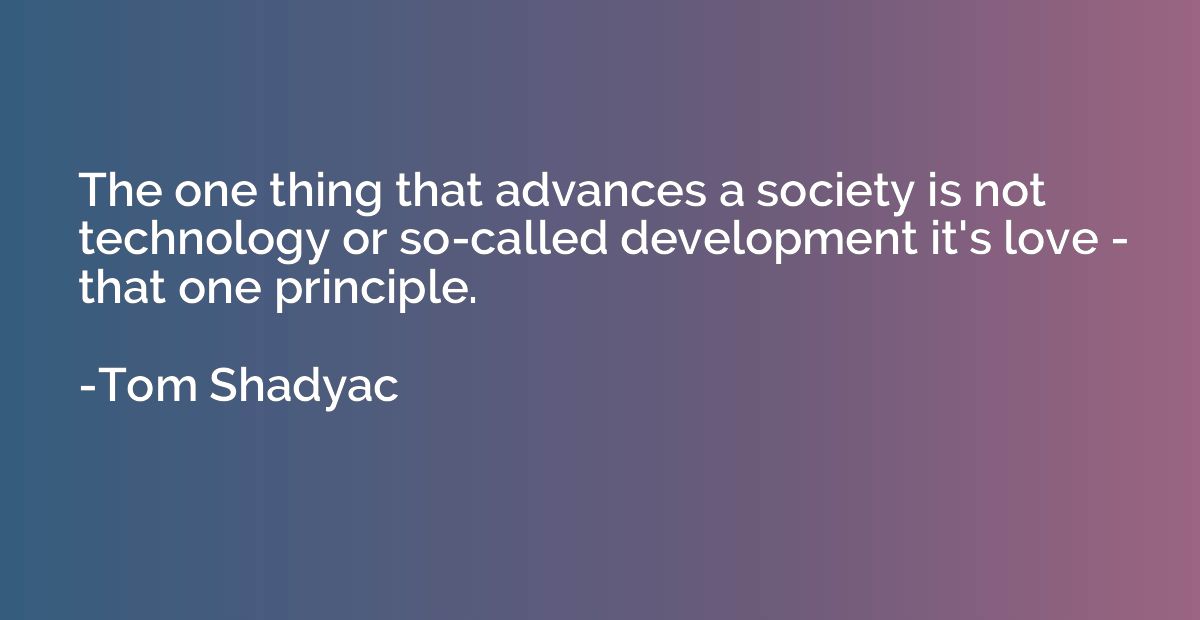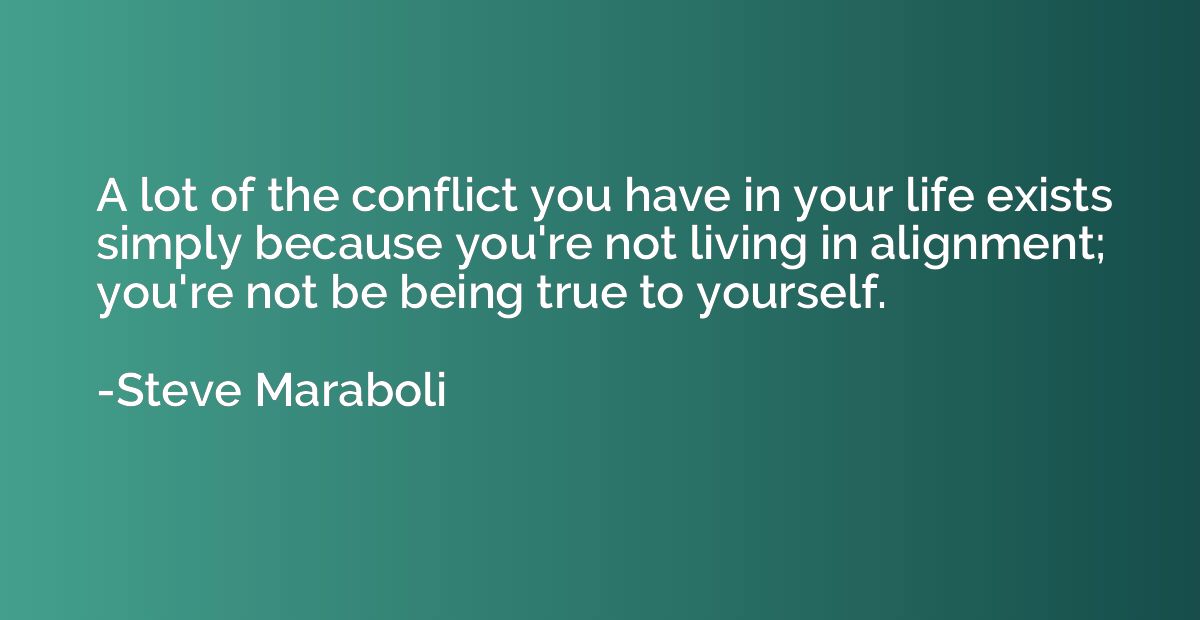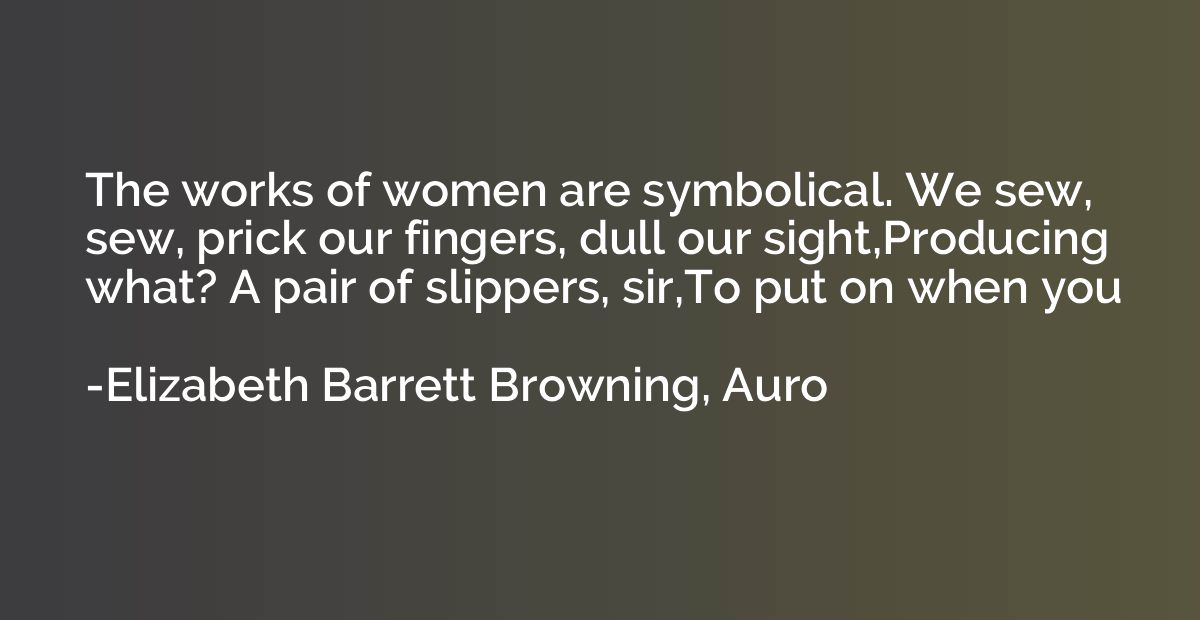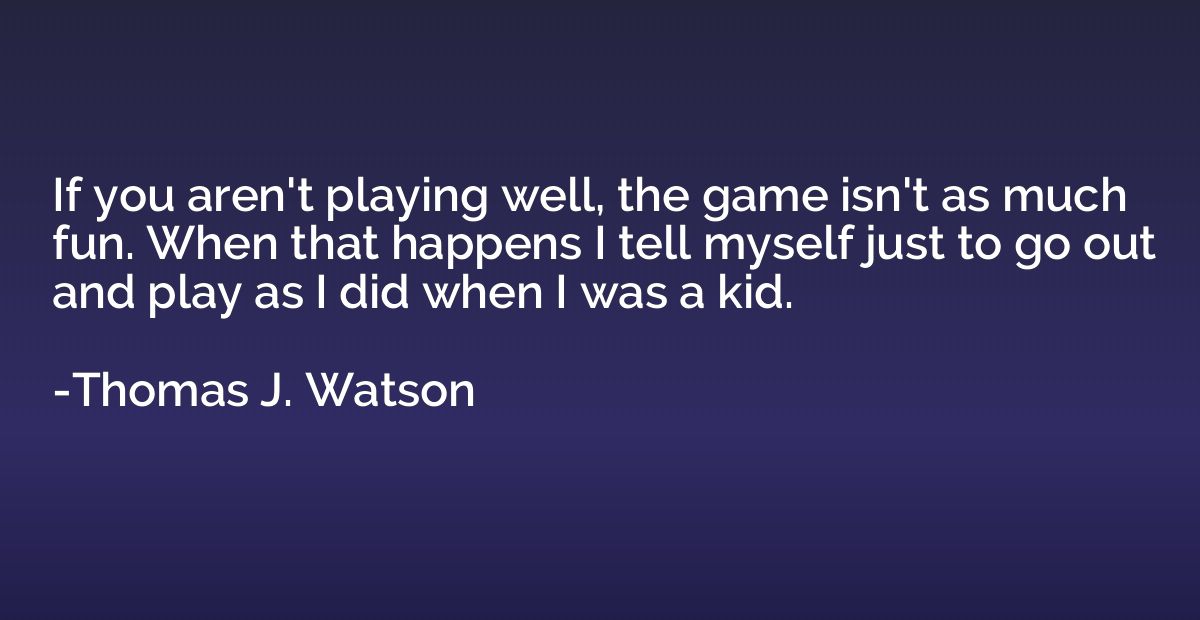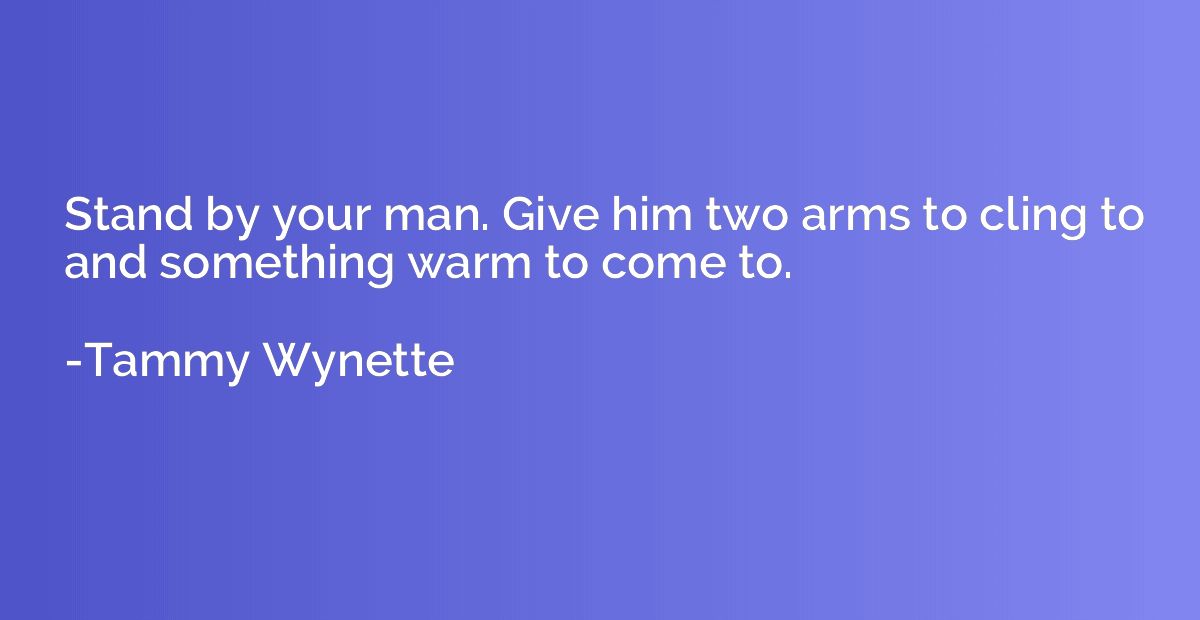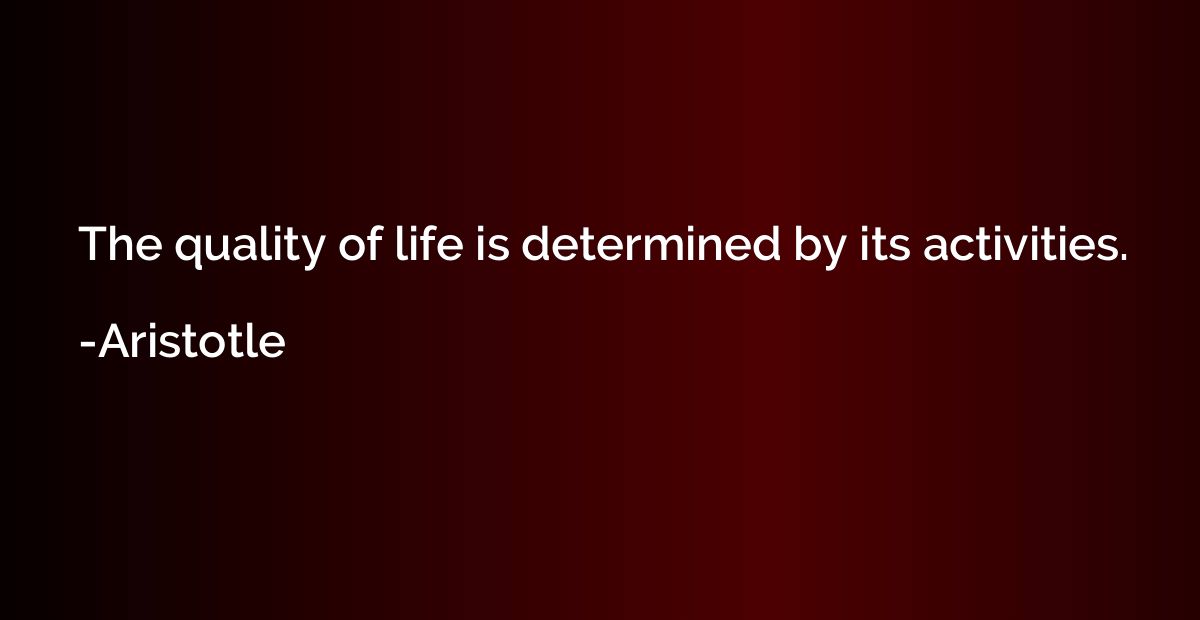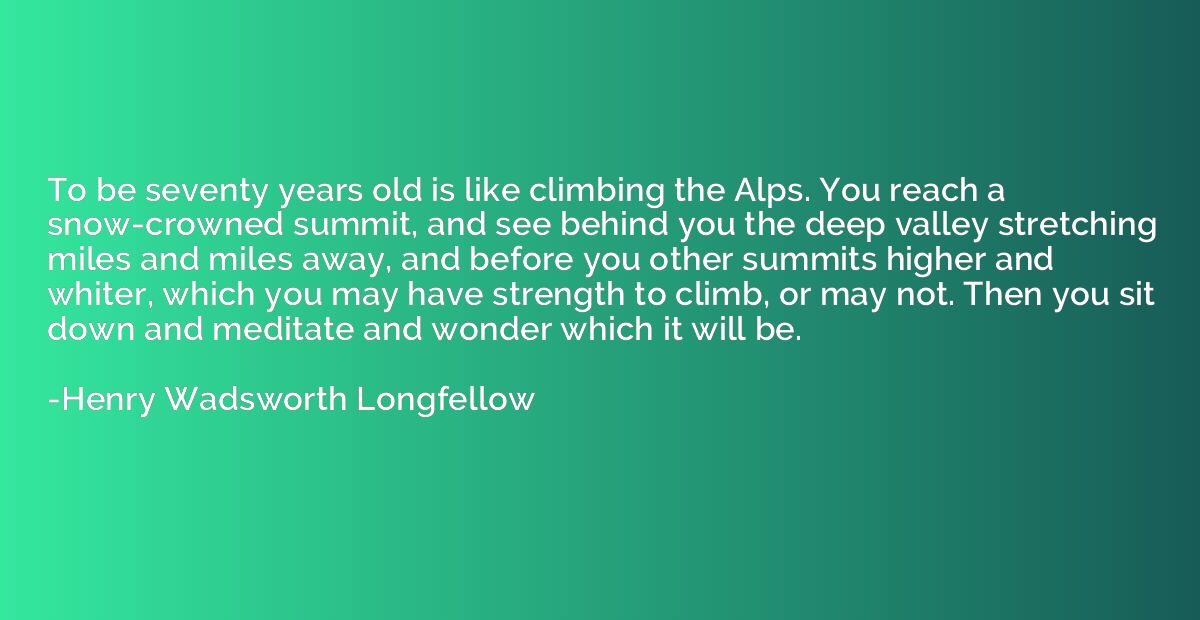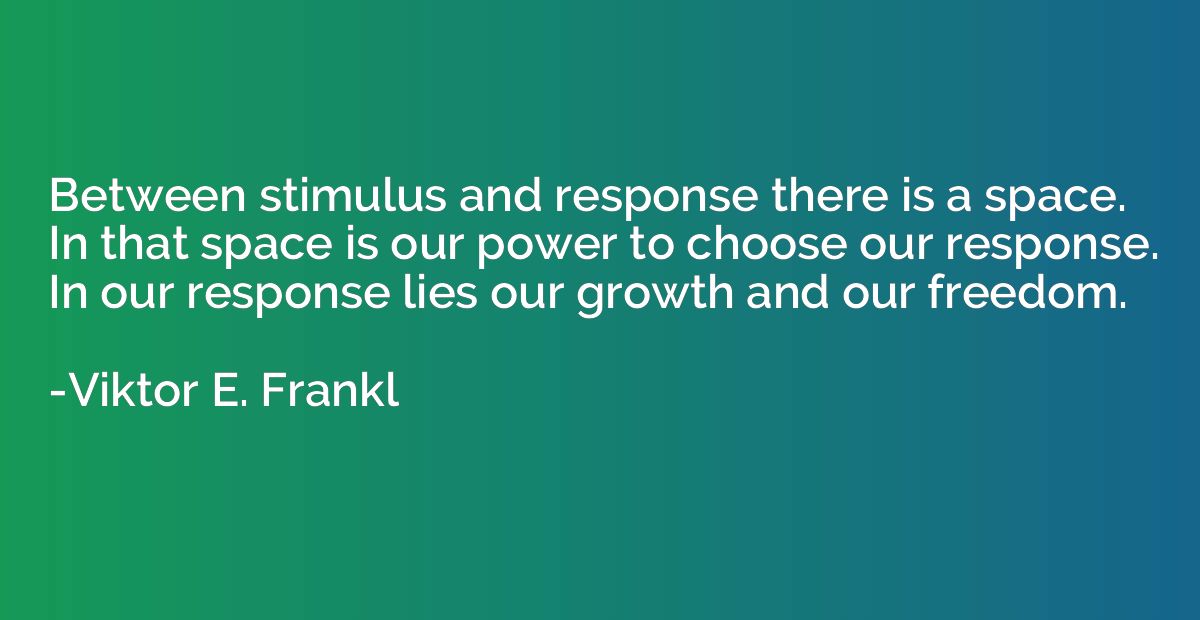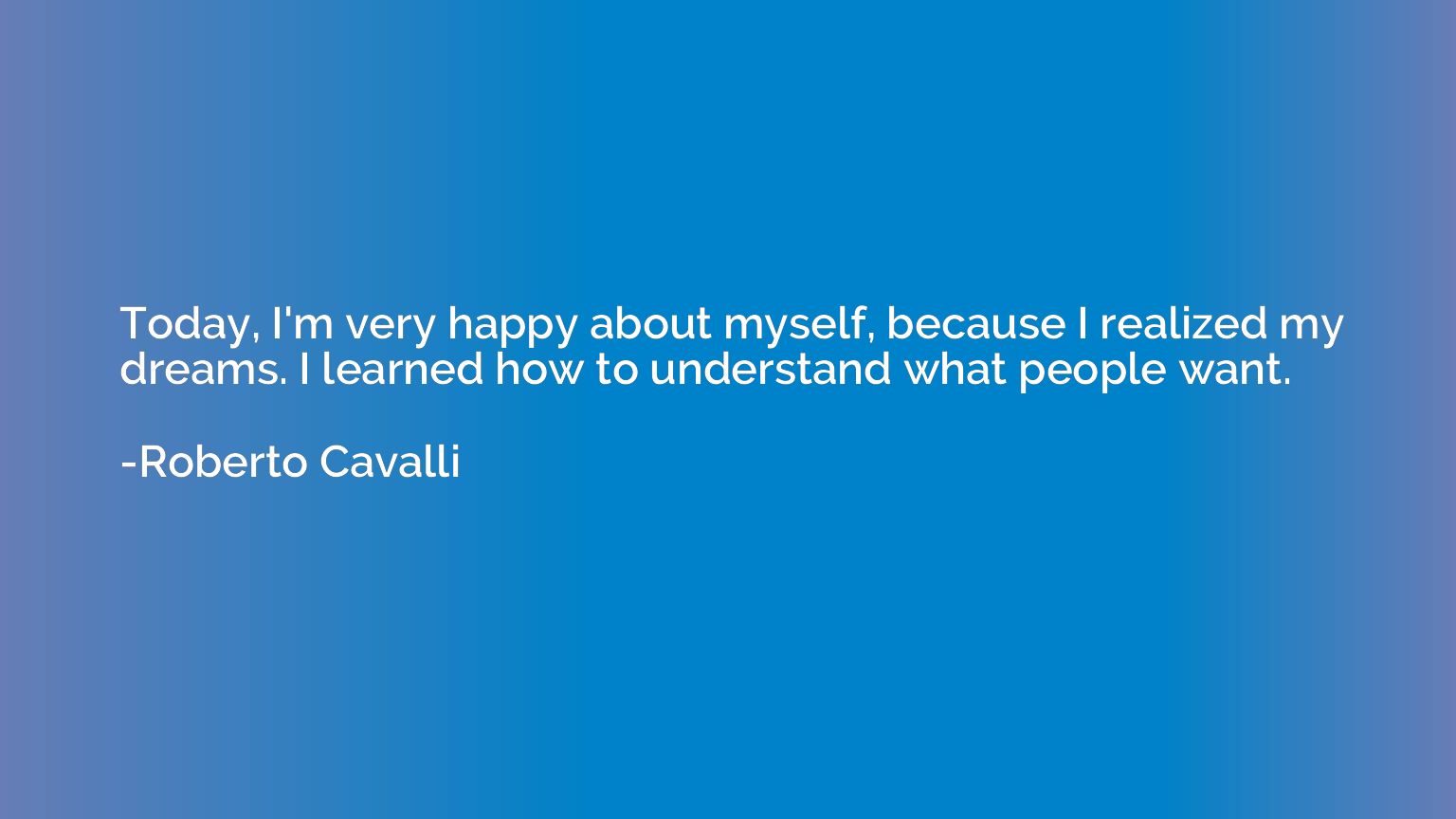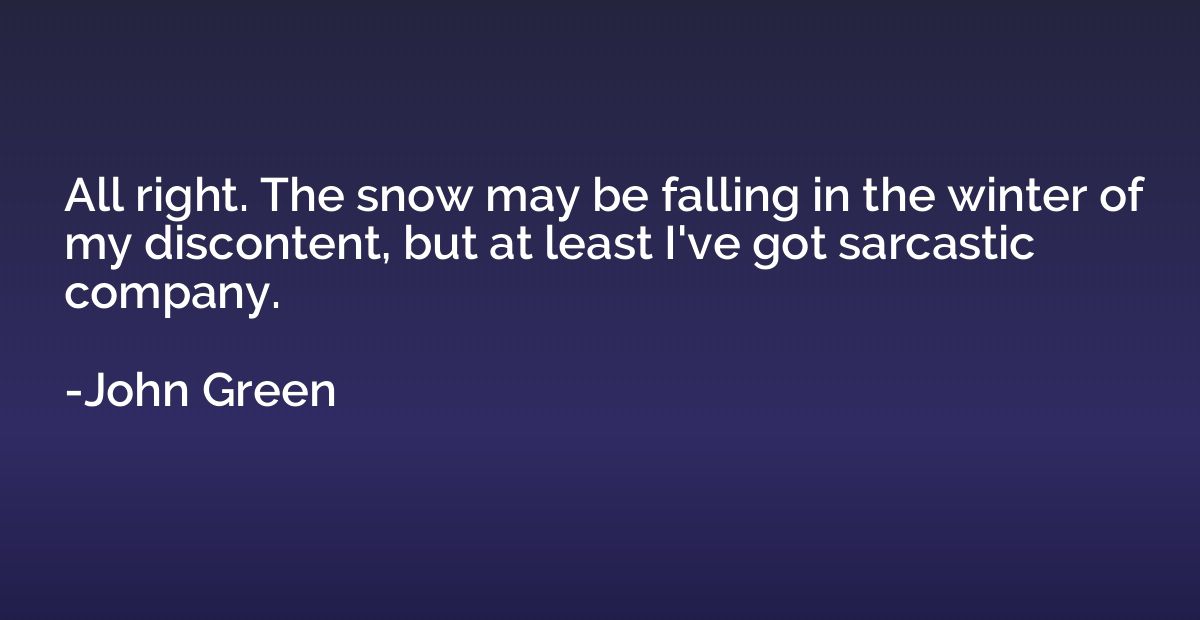Quote by Michael Crichton
A hundred years from now, people will look back on us and laugh. They'll say, 'You know what people used to believe? They believed in photons and electrons. Can you imagine anything so silly?' They'll have a good laugh, because by then there will be newer better fantasies... And meanwhile, you feel the way the boat moves? That's the sea. That's real. You smell the salt in the air? You feel the sunlight on your skin? That's all real. Life is wonderful. It's a gift to be alive, to see the sun and breathe the air. And there isn't really anything else.
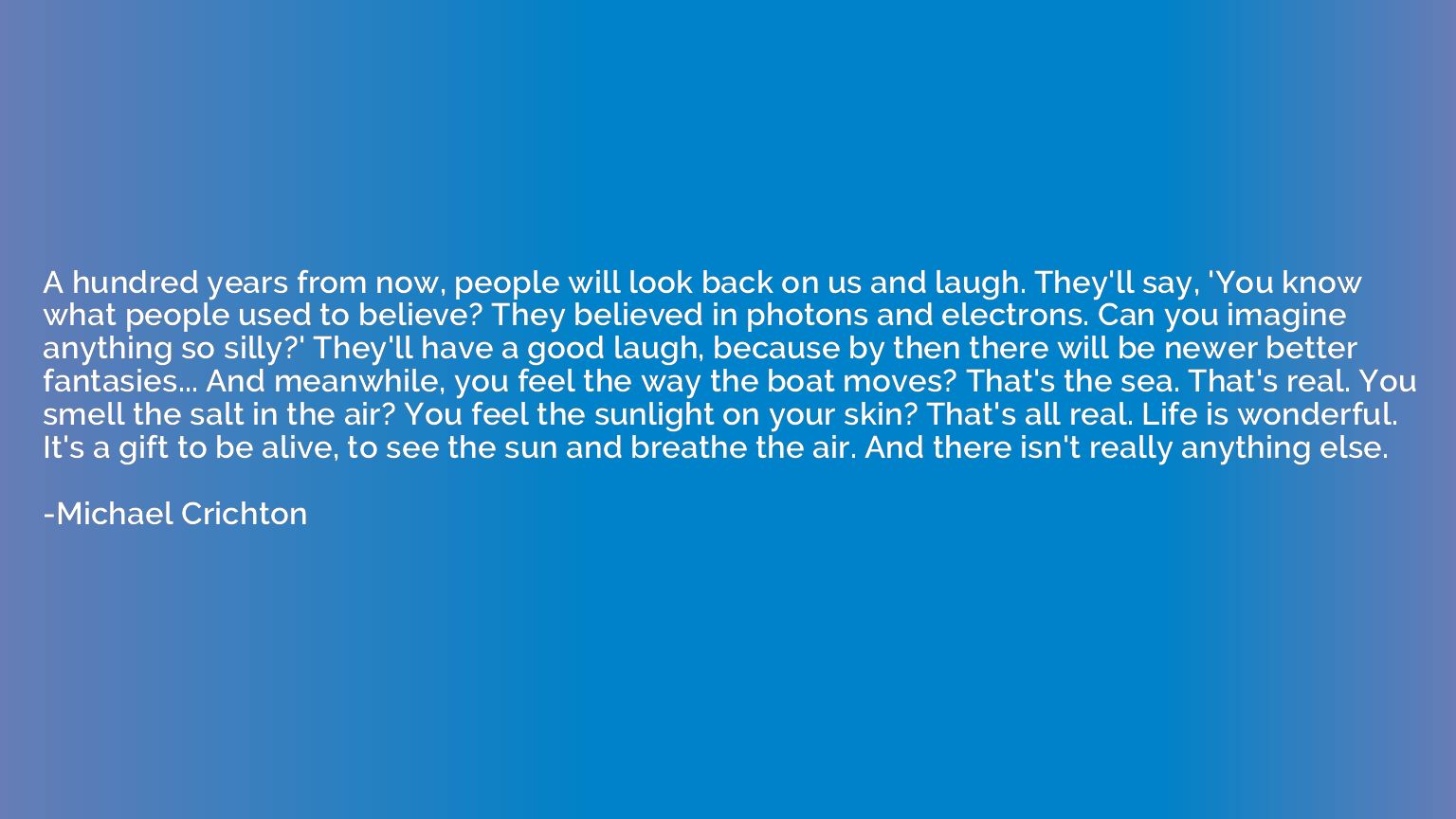
Summary
This quote suggests that while scientific beliefs and understanding may evolve and change over time, the experience of simple joys and the beauty of life itself remain constant and real. It challenges the idea that our current knowledge may one day be deemed as foolish or outdated, emphasizing the importance of appreciating the present moment and finding gratitude in the small pleasures of life. Ultimately, it encourages embracing the wonders of existence without getting caught up in the complexities of future advancements or theoretical concepts.



